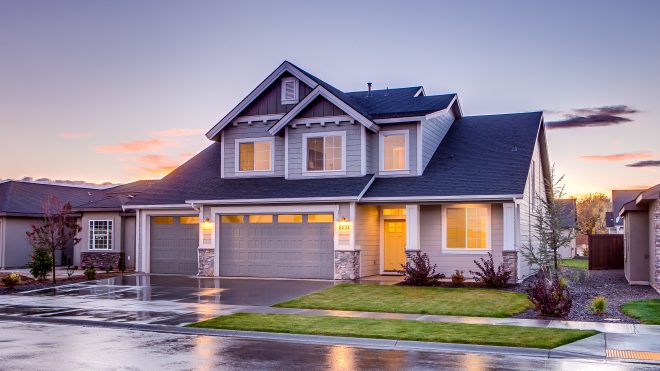The speculation is beginning. Housing prices are soaring out of control in several regions. Home rentals are rising. Foreign investment is pouring in. Affordability gaps are shutting buyers out of the market. So with all this, we wonder, is the housing bubble forming?
Prices on the Rise
Housing prices rose this year. The median price of a home in the US is now $236,400, a full 2.7% higher than the price before the market crashed in 2006.
In some areas prices have skyrocketed. In the San Francisco area, the median condo price is more than a heft $1 million. In many metropolitan areas, like San Jose or New York, prices are so high, many millennials cannot afford to buy home there. Home values in 14 of the top 100 markets are considered to be overvalued. Housing has become unaffordable, causing homeownership rates to fall by 1.7% over the last year.
Why the rise in prices?
There are several explanations for this. Simple economics could explain a lot. The demand for housing is increasing, driving up prices. Low interest rates have made it easy for people to enter in the market. Furthermore, a flood of foreign investors have poured money into the market, buying up housing in all cash purchases. The increase in investment, especially from the wealthy Chinese looking for safer investment options than the volatility of their country, has driven up the prices in major metropolitan areas.
We’ve also seen an increase in the renters market. With so many unable to afford housing, renting is the only viable option. With this, the housing market has segmented into two parts. The ultra expensive homes being bought up by the wealthy, and the those seeking profits from the rental market. With limited land in major urban centers, building affordable housing is not a viable option.
Will the bubble burst?
It’s never easy to spot a bubble in the moment, and very easy to judge in hindsight. Bubbles are curious things, driven by irrational exuberance on the part of the consumer, and not necessarily the indicators if the market itself.
For one thing, the inflated prices seem to be isolated to major urban centers. In areas such as Silicon Valley, the strong economy and influx of new workers will generate a greater demand for housing, and consequently push up the prices. In some cases the higher prices may simply indicate a population shift.
On the other side, interest rates on loans are very low, as they were in 2008. This could recreate the problem of subprime borrowers flooding the market, and running the risk of default. However, what is different this time around, is that much of the market is being bought out in all cash, by foreign investors, which means although the interest rates are low, those currently in the market have a lower default risk than 2008.
Either way, housing prices in urban centers are rising rapidly into a realm of unaffordability. Many are being forced to leave urban centers in search of more affordable housing elsewhere. With this, economics says those who can afford will continue to buy and prices will continue to rise. Either new housing will have to be built, or those who cannot afford will exit the market, causing demand to fall and prices to correct.

